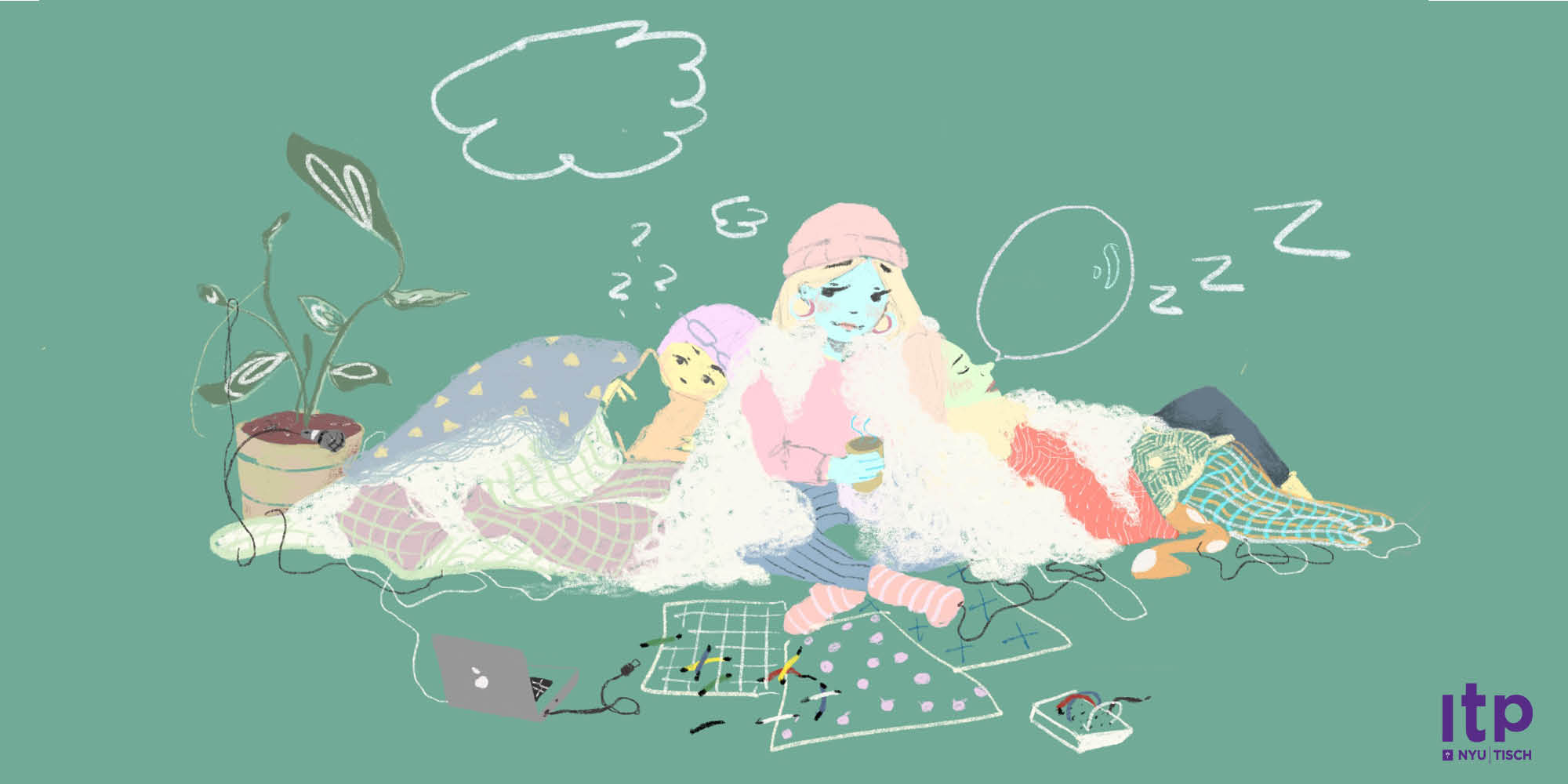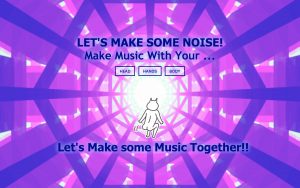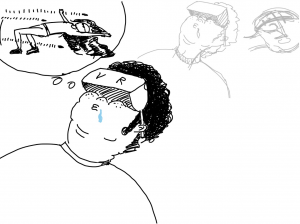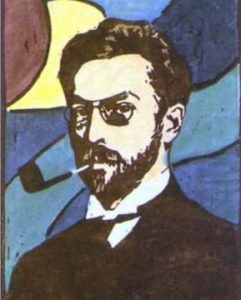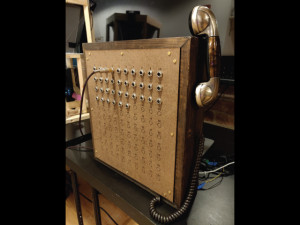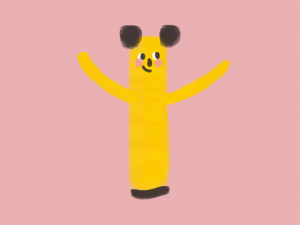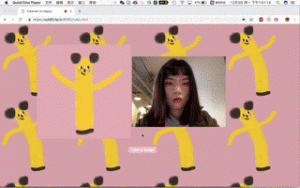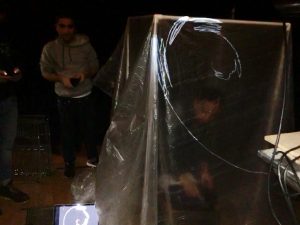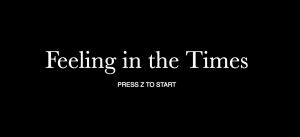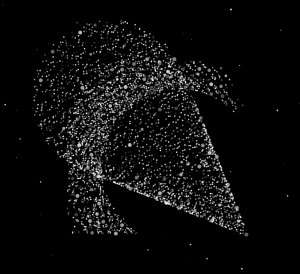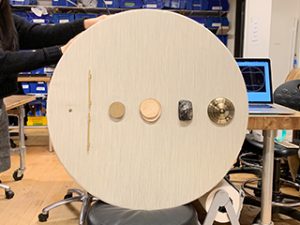Veronica Alfaro
Interactive data representation of 36 stories from women who have experienced physical and / or sexual violence from an intimate partner at some time in their life.
https://www.veronica-alfaro.com/blog/2018/11/28/36-out-of-100-women-enclosure
Description
36% of women in the US have experienced physical and/or sexual violence from an intimate partner at some time in their life and 13% of women in the US agree that a husband/partner is justified in beating his wife/partner under certain circumstances.
Feelings of guilt and shame (among other reasons) encourage them to remain silent and as survivors it is difficult to open up and share the experiences lived. There are many untold stories and my intention is to provide a voice in order to share some of them in an anonymous and intimate way.
The installation consist on a switchboard that contains a visualization of 100 women represented with circles, 36 of them will have jacks that will play a story when the user connects a phone (1 story per each jack).
Initially the audio of the instructions and the narration of the data will come out of speakers connected to the computer and when the user pick up the phone, the audio will pause so that the user can plug the phone into one jack of their choice, the audio then will come out of the telephone as a way to tell the story in a more personal and individualized way. The user will be able to change the connection to another jack at any time and when they put the telephone back to its “holder”, the instructions audio will start playing again from the speakers.
The content shared in each story might be a trigger to some users therefore I will create a content warning. The data that is being represented comes from a study made by the Organization for Economic Cooperation and Development on 2014 about women in the US however the intention of the project is not to exclude women identifying, transgender, and gender-nonconforming individuals.
Classes
Intro to Fabrication, Introduction to Computational Media, Introduction to Physical Computing
